GEOGRAPHY
Nestled on the western coast of Africa, is a country once described as a shining example of democratic governance on the continent. Senegal, shares border with Mali to the east, Guinea and Guinea Bissau to the South and Mauritania to the North. The country gained independence on April 4, 1960 from the French colonial rule and is largely considered as one of Africa's leading democracies. According to the United Nations, the current population of Senegal is 18 million with Dakar being the capital city. Dakar, is a metropolis known for its lively markets, vibrant nightlife, and cultural events. Other landmarks and places of attraction in Senegal include the Goree Island which is a UNESCO World Heritage Site, serving as a major hub for the transatlantic slave trade and is now a symbol of remembrance and reconciliation. The Pink Lake also located in north of Dakar, is also a popular tourist attraction.
CULTURE AND ETHNICITY
There are seven major ethnic groups in Senegal including the Wolof, Fulani, and Malinke, each speaking a separate language. French however, is the official language. Senegal is predominantly Muslim, with Islam being the most practiced religion. However, the country is also known for its religious tolerance and also has Christian and indigenous religious communities.
ECONOMY
Agriculture plays a significant role in Senegal’s economy, with peanuts being a major cash crop. Other agricultural products include millet, maize, sorghum, and livestock.
Senegal's coastal waters are rich in marine resources, making fishing a vital industry.
Their cultural heritage, beautiful beaches, and national parks attract tourists with popular destinations such as Dakar, Saint-Louis, and the Casamance region. Other important industries mining, manufacturing, and tourism. Senegal also has large reserves of phosphates and iron ore.
POLITICS
Senegal is a republic with a semi-presidential system. The President is the head of state and government, while the Prime Minister is the head of the cabinet. Since independence, Senegal has emerged as an example for political stability and democratic government. Their dedication to democratic values has regularly placed it among the top countries known for democracy in Africa and around the world.
The adoption of a multi-party system in 1978 marked a significant milestone in its political evolution. Historical antecedent has it that, under the leadership of President Léopold Sédar Senghor from1960-1980, the country transitioned from single-party rule to a more pluralistic political landscape, setting the stage for democratic progress in the decades to come.
Abdou Diouf succeeded Senghor ruling from 1981-2000 and continued his predecessor's commitment to democracy and good governance. Under Dioufs leadership, Senegal witnessed economic growth and social progress, with notable achievements in education, healthcare, and infrastructure development. Diouf also oversaw the decentralization of power and the strengthening of local governance structures.
Abdoulaye Wade who took over from 2000-2012 marked his tenure, a period of political dynamism and economic reform. However, his tenure was also marred by controversy, with allegations of corruption and authoritarian tendencies overshadowing his achievements. Despite facing criticism, Wade's administration introduced significant constitutional reforms and infrastructure projects, leaving a mixed legacy.
The current President, Macky Sall begun his rule from 2012-present amidst high expectations for change and reform. Although his rule has seen efforts targeted at combating corruption and promoting economic diversification, there are elements of dysfunctionalities. According to Freedom houses' 2022 ratings, corruption remains a serious problem.
In June, 3 people were killed and around 200 arrested when demonstrators defied a protest ban in response to the disqualification of opposition candidates. After this violent backlash, many fear that Senegal is slipping into political crisis as government attempted to push the election back by 10 months which was ultimately blocked by Senegal's top court. His decision to reject blame for election chaos has widely been condemned as he holds the view that his decision to delay elections was in line with the legal framework.
Since gaining independence from France in 1960, Senegal has embarked on a journey marked by regular elections, peaceful transitions of power, and a commitment to democratic principles. However, politically motivated prosecutions of opposition leaders and changes to the electoral laws in recent years have reduced the competitiveness of the opposition thereby affecting the image of the country. Press freedom is constrained coupled with corruption in government and weak rule of law.
The country made headlines this year with the election of its youngest president Bassirou Diomaye Faye. The election marked an important turning point in Senegal's political scene, signaling a generational shift and the electorate's desire for change. Faye's journey to the presidency was not without its challenges. Prior to the election, he endured eleven months of incarceration alongside Ousmane Sonko, before being released on March 14 under an amnesty law initiated by President Macky Sall. Despite this setback, Faye wasted no time and embarked on an express election campaign across the nation. He won the presidential election with 54.28% of the total votes.
FUTURE OF SENEGAL
Many have asserted that the future of Senegal under Diomaye Faye's leadership would depend on his vision, policies, leadership style, and ability to navigate the complex challenges facing the country, as well as the aspirations and expectations of the Senegalese people. There are suggestions that Diomaye Faye's leadership might prioritize initiatives aimed at empowering young people through education, skills training, and entrepreneurship programs.
Senegal under Diomaye Faye's leadership may continue to play an active role in regional and international affairs, advocating for peace, security, and cooperation in the West African region and beyond.

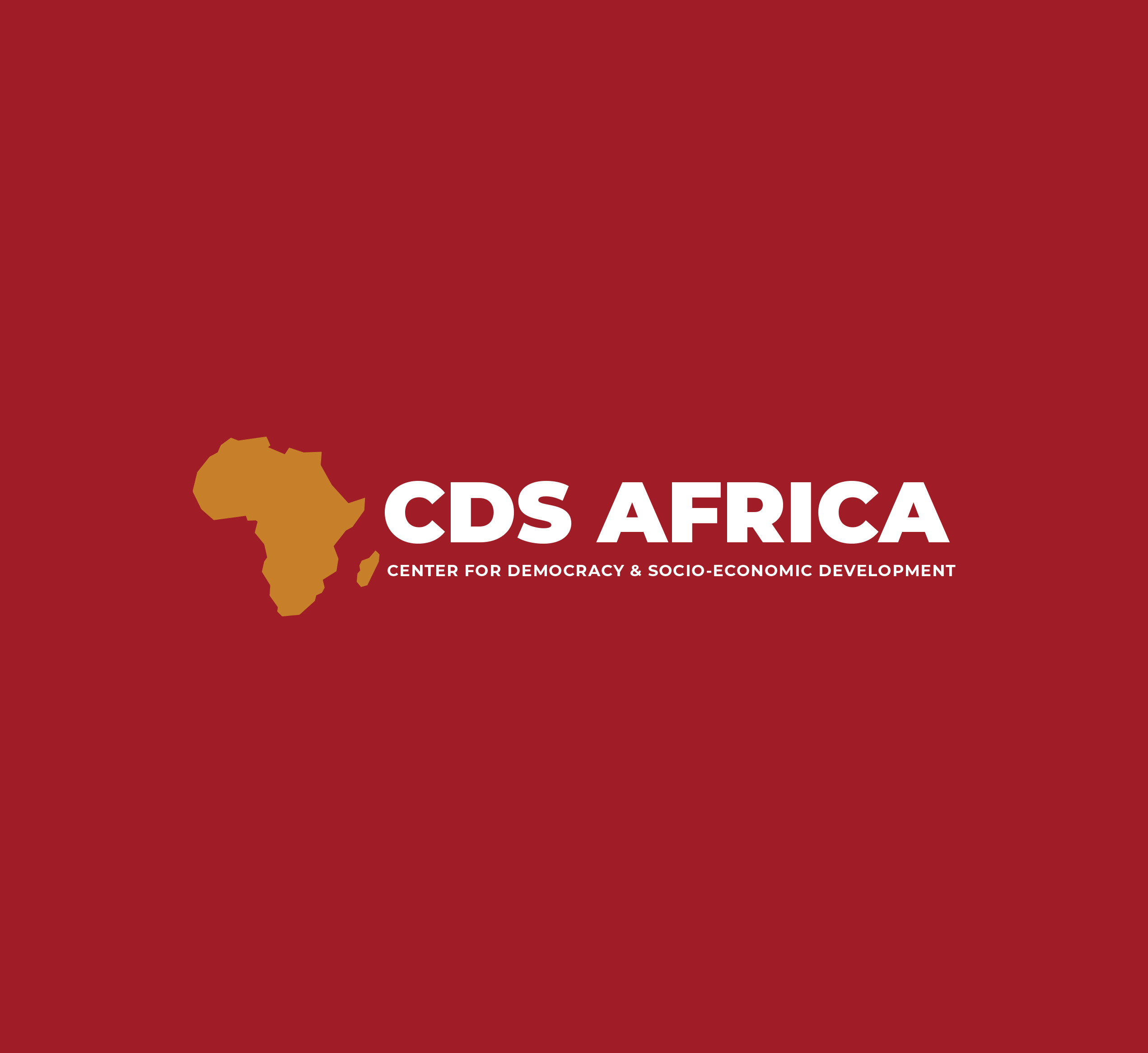
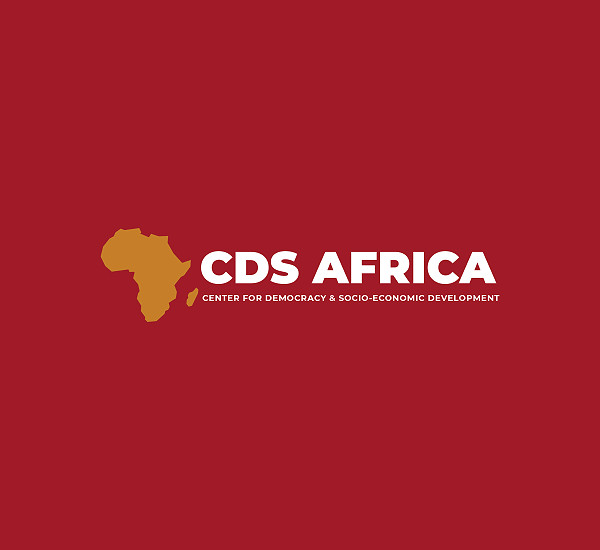
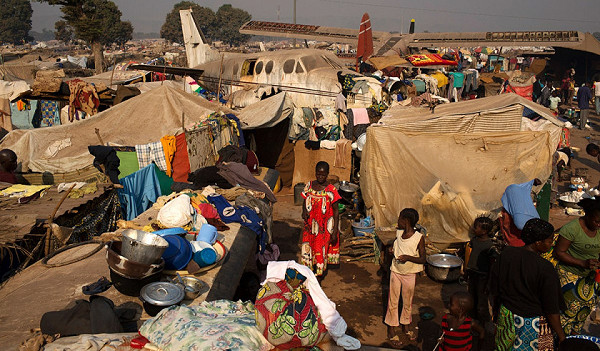
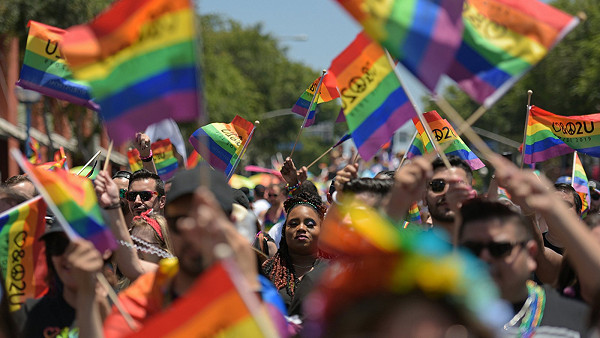
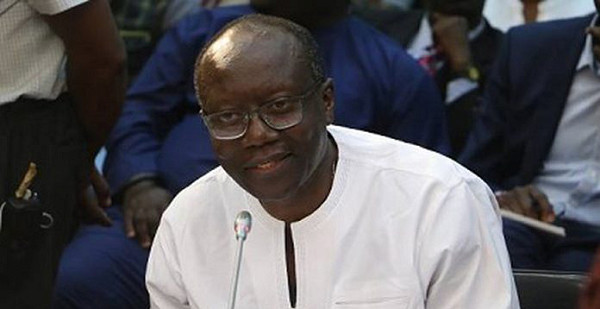
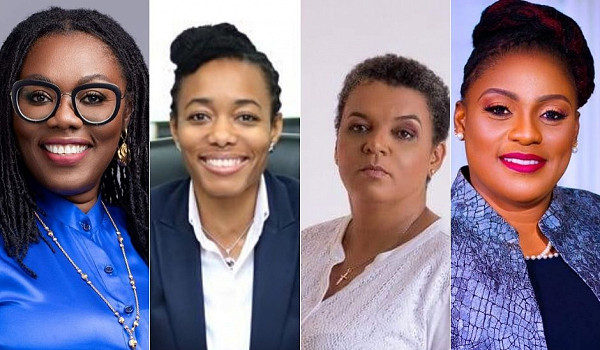
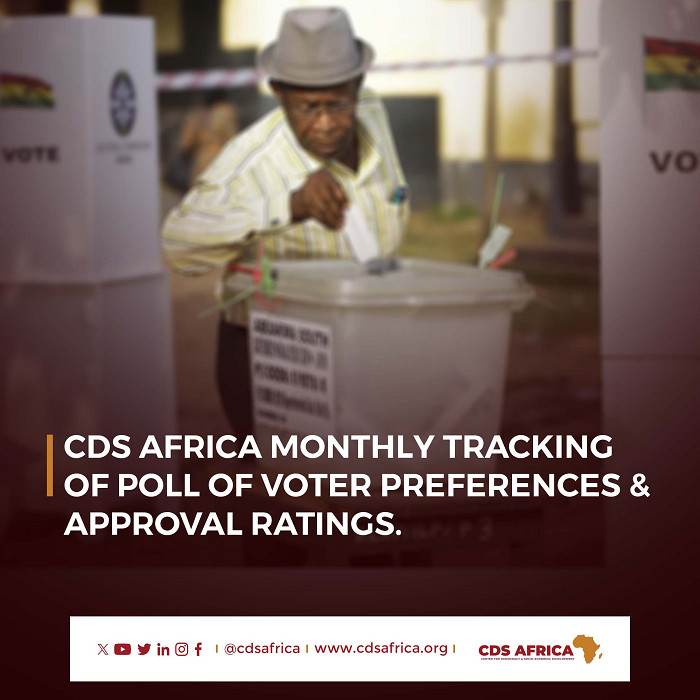
Write a Comment